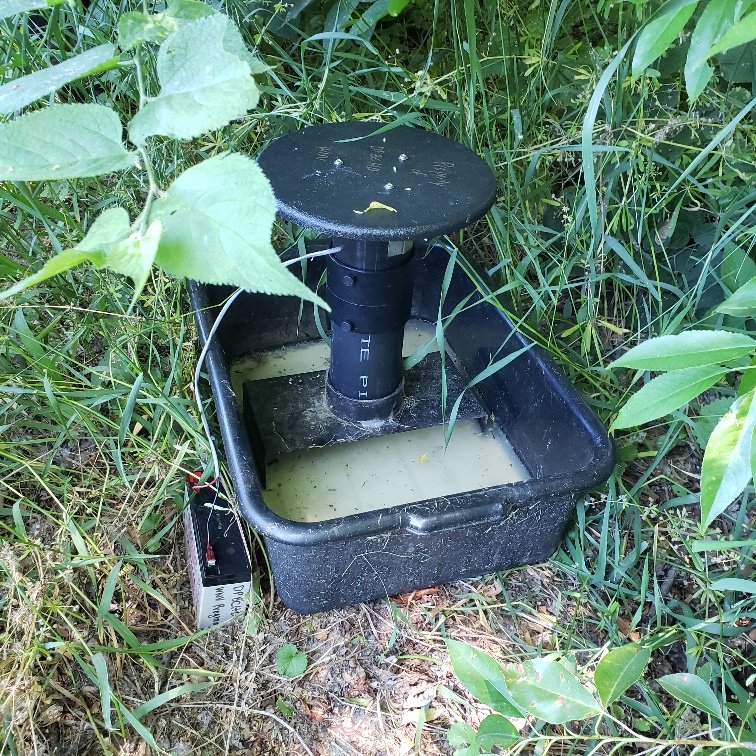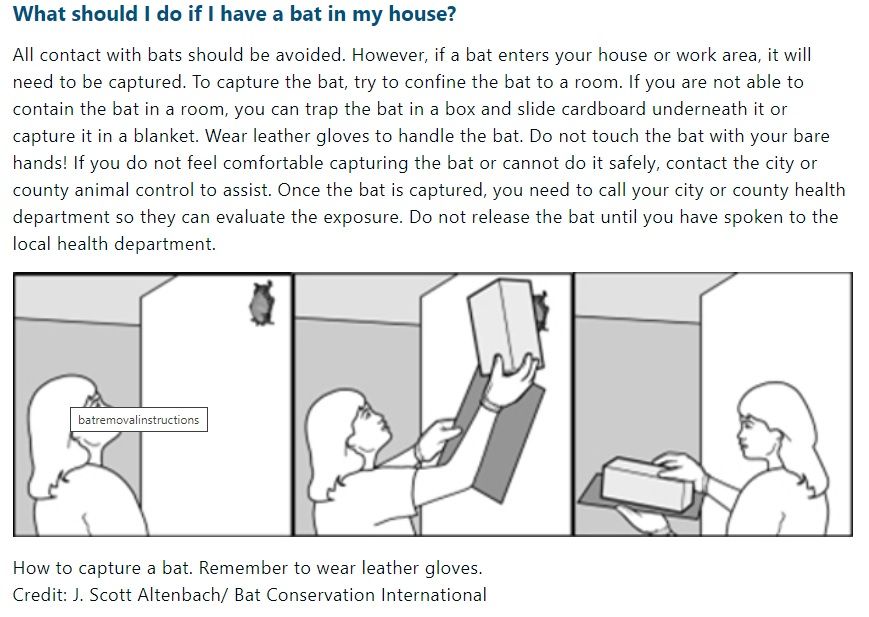Vector Control Program
WEST NILE SURVEILLANCE
The West Nile Virus Surveillance program provides surveillance of West Nile Virus activity in DeWitt and Piatt Counties.
Through collection and testing of dead birds and by identifying and treating possible mosquito breeding sites, the department monitors the counties for the presence of the virus each year.
Staff at the health department is readily available to educate members of the public about West Nile Virus and prevention. Please contact us at 217-762-7911 ext. 2219 to schedule an education. For more information regarding West Nile Virus, please visit the Illinois Department of Public Health's website.
Bird Reporting and Collection Information:
The DeWitt-Piatt Bi-County Health Department collects dead birds for the surveillance of West Nile Virus. Depending on climate, the collection and testing period typically begins in May and ends in September. Crows, blue jays, and other "Perching Birds"(sparrows, finches, flycatchers, swallows, warblers and wrens) will be accepted and submitted for WNV testing provided they show no obvious signs of decay such as sunken eyes or insect infestation. Please call 217-762-7911 if you notice a bird that fits this description.
TICK SURVEILLANCE
The Tick Surveillance program provides education on ticks and tickborne diseases. More information about tickborne diseases can be found on the Illinois Department of Public Health Website.
BATS OR ANIMAL CARRIERS OF RABIES
IDPH helps us to see that "In wild animal species, rabies is more common in bats, skunks, raccoons, coyotes and foxes, but the disease also has been found in deer and in large rodents, such as woodchucks. Cats, dogs and livestock can get rabies, too, if they are not vaccinated. Some animals, including chipmunks, gerbils, guinea pigs, hamsters, mice, rabbits, rats and squirrels, rarely get rabies. Birds, fish, insects, lizards, snakes and turtles never get rabies." Rabies information can be found on IDPH's website. Below is some helpful information on bats in the home. If you have been exposed to bats or another carrier of rabies, please contact our Communicable Disease department at 217-935-3427 ext. 2139.
This picture was taken from the helpful webpage that can be found on the Illinois Department of Public Health's website. Other information can be found on the webpage about how to exclude bats from your home. And the Bat Encounter Fact Sheet from IDPH is printable.
IS IT A VECTOR?
According to the IDPH website, "Vectors are insects, ticks, rats, mice, birds and other animals that transmit disease-producing organisms to humans." More information about vectors can be found here: https://dph.illinois.gov/topics-services/environmental-health-protection/vector-control-surveillance.html
Bed bugs are not considered a vector since they do not spread disease. The DeWitt-Piatt Bi-County Health Department does not inspect for bed bugs and cannot recommend a treatment. Please visit either the Illinois Department of Public Health's website or the EPA's website for more information.





